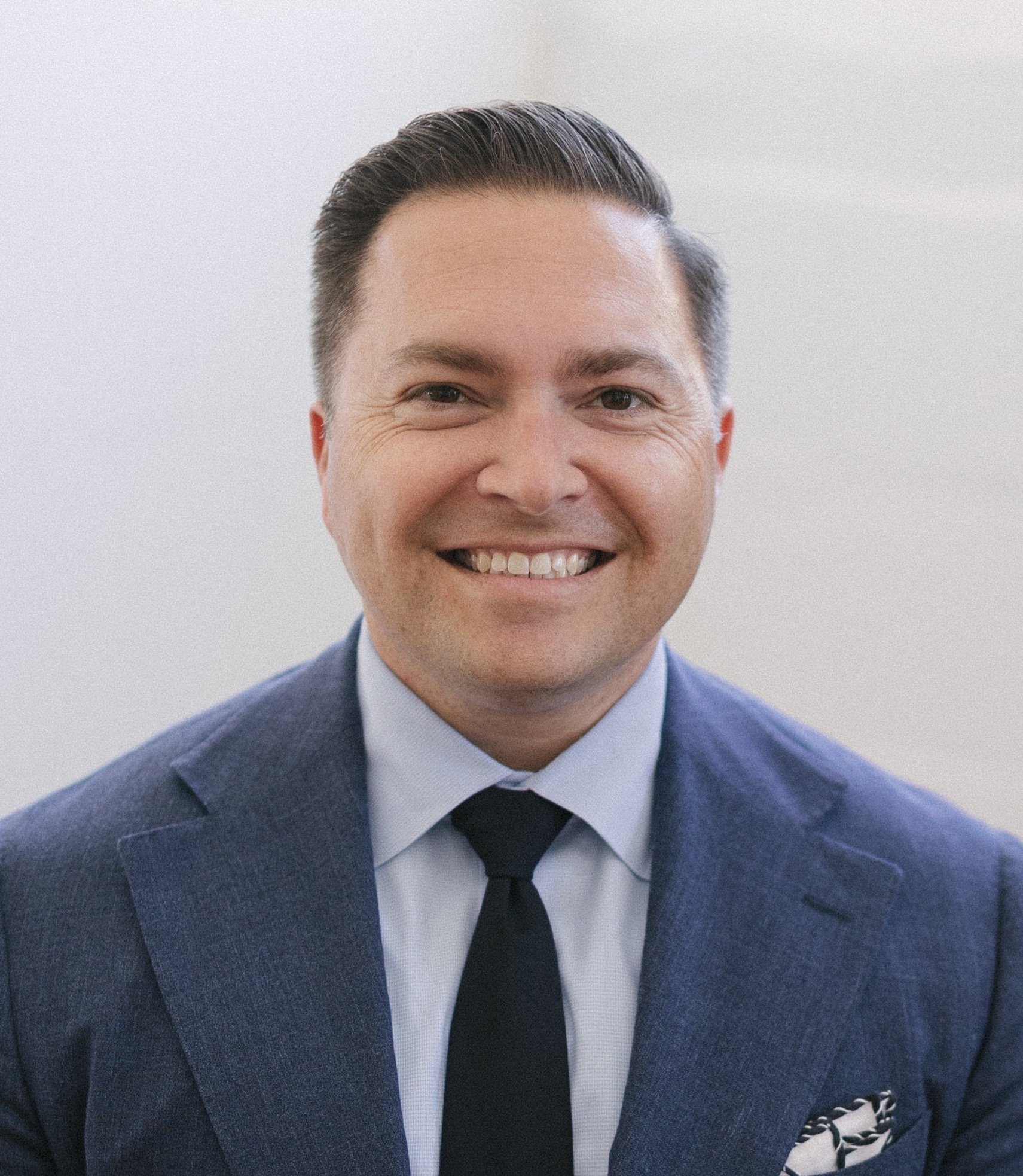4 Monthly To-Do’s to Take Charge of Your Financial Health
Achieving financial stability and security is a goal of most; however, it requires careful, extensive planning and consistent effort. While reviewing your overall finances and setting goals annually helps your long-term goals, monthly check-ins keep you on track. This allows you to have more control over your finances and understand the reality of your spending, savings, and debts, allowing us to adjust where needed to achieve our financial goals. Below, we break down four monthly to-dos that can help you take charge of your financial health and find consistent to-dos that work for you!
1. Make/Review Your Budget
A budget is a plan for how you spend and save your money. It helps you pay your bills, avoid
debt, and save for your goals. There are several ways for you to create a budget, but the easiest place to start is by categorizing your expenses. Start by calculating your monthly net income, then begin subtracting your non-negotiable monthly expenses from it, including your savings contributions, debts, housing, transportation, utilities, food, etc. Then, think of all the non-essential items: your spending money, extracurriculars for the kids, subscriptions, and more. What does this total add up to? Are you still under your monthly income and living within your means? If not, it's time to move on to the next monthly to-do!
2. Evaluate Your Spending
Understanding where your money is going each month can help you make decisions about budgeting, long-term planning, and decision-making. Begin by identifying patterns or areas you want to limit your spending, such as eating out less frequently or canceling unused subscriptions. Cutting back on your unnecessary spending gives you more money to save, invest, or pay off debt, which we'll cover in the next to-do. Lastly, compare your monthly bills and expenses to the month before. Were there any increases in your bills? If so, do you know why? Sometimes our monthly bills can slide under the radar unnoticed. Doing this can help you catch overcharges or changes to your payments so you can adjust your monthly budget.
3. Pay Off Debts and Contribute to Your Savings
After you're done evaluating your spending, it's time to determine where you want any remaining funds to be used. First, prioritize paying off any debts, such as credit card balances or loans. Debt takes away from your income, hurts your credit score, and limits your financial choices. If you're not sure where to start, meet with a financial advisor to find the best way to pay off your debts.
Now, let's talk about savings. Building up your savings is important for your financial health as it helps you prepare for emergencies, build wealth, and achieve financial independence. It also helps you work towards your long-term financial goals. Additionally, this can also include investing in retirement or investment accounts. Incorporating this monthly contribution into your monthly to-do's will help you reach your big, long-term goals.
4. Goal Assessing and Setting New Goals
Having goals helps you stay motivated and focused on your financial health. You can set goals for
several items, including building an emergency fund, buying a home, going on a dream vacation, starting a business, or retiring comfortably. It can even be for things like wanting to move to your dream city or starting a family. While those are rather large, big-picture goals, breaking them down into easy, monthly to-dos can help you stay on track to achieve them. Once you determine what you want to accomplish, make sure your goal is specific, measurable, achievable, relevant, and time-bound (SMART) to optimize your chances of success. If you're unsure where to begin or how to prioritize your goals, talk with a financial advisor.
Taking control of your financial health requires dedication, discipline, and attention to detail. By following these four monthly to-dos, you can improve your financial situation and work towards achieving your goals. If you're just getting started on your financial health journey, download our free Financial Fitness Checklist by clicking the image below to evaluate your overall financial health and start your journey to financial independence!
Derek M. Oxford | CFP®, AEP®
Financial Advisor





.png?width=713&height=713&name=CPSIA_News_TaxConsiderations_Blog-LinkedIn%20(2).png)


